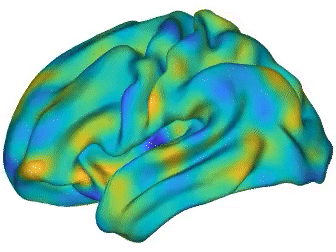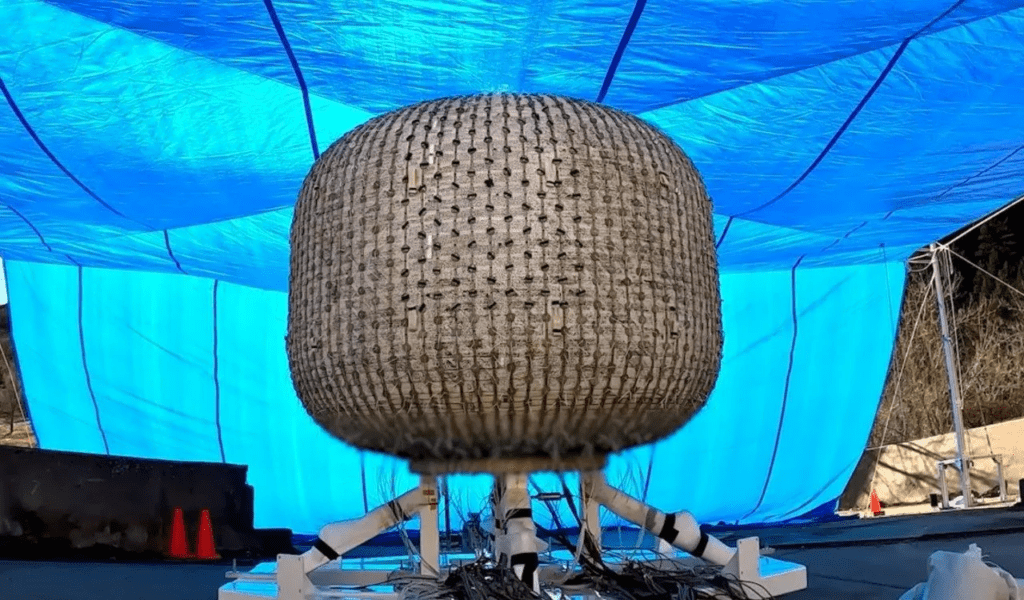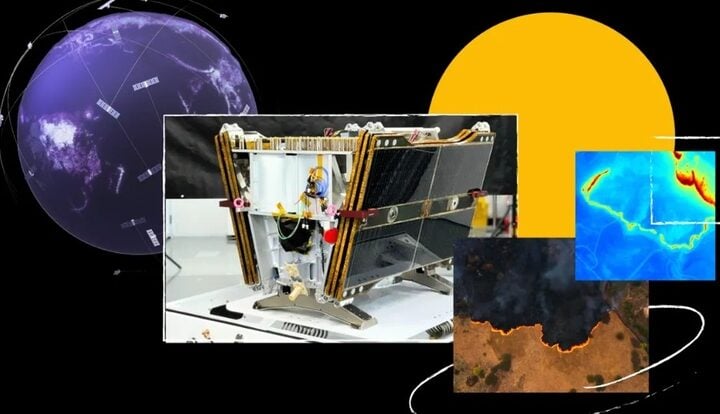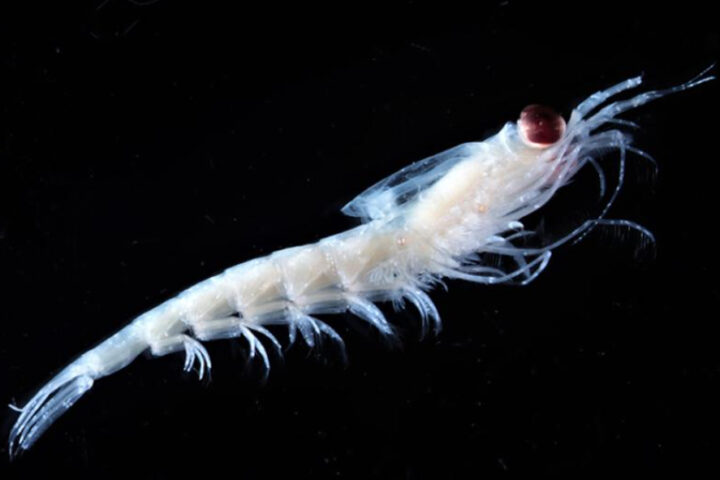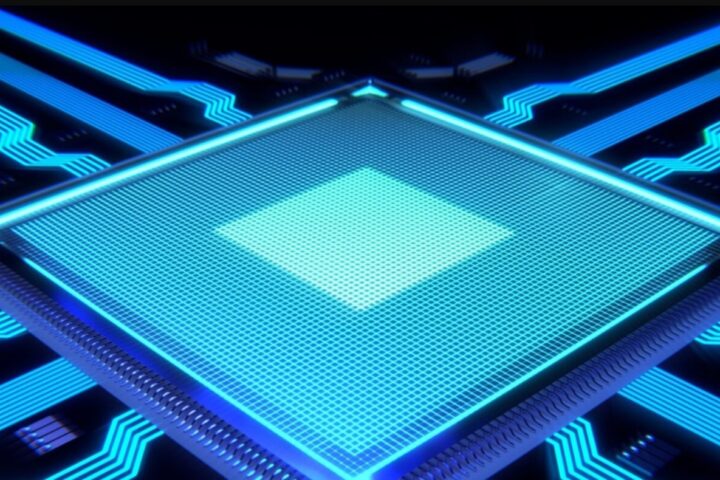Researchers at Monash University have recently been awarded a grant of $600,000 AUD. The funds will be used to continue their groundbreaking research, which focuses on cultivating human brain cells on silicon chips, creating a unique blend of artificial intelligence and synthetic biology. This endeavor aims to establish “programmable biological computing platforms”. The project is spearheaded by Associate Professor Adeel Razi. It involves the symbiosis of organic brain cells and inorganic silicon, ultimately forming an innovative biological-technological interface. In their prior experiments, the team demonstrated the potential of these synthetic biological networks. They taught lab-grown brain cells to play a rudimentary tennis-like computer game, Pong, which illustrated their learning capabilities.
The ultimate goal is to develop AI systems capable of continuous learning throughout their lifetime, a challenge that existing AI systems grapple with. Razi and his team believe that teaching these biological neurons to perform goal-directed tasks can overcome this hurdle. Razi suggests that the creation of these bio-computing platforms could eventually outstrip the capabilities of contemporary silicon-based hardware. The transformative potential of this research is significant. It could impact a range of sectors, including robotics, advanced automation, brain-machine interfaces, and drug discovery, giving Australia a considerable strategic advantage in these fields. Currently, AI systems suffer from a phenomenon known as “catastrophic forgetting”, where they struggle to learn new tasks without forgetting old ones.
This research seeks to remedy this issue. The focus is on fostering “continual lifelong learning” in AI systems, enabling them to adapt to changes and apply previous knowledge to new tasks. The team is using lab-grown brain cells to understand the biological mechanisms underpinning this continuous learning. For this, they are using a lab-grown brain system known as the DishBrain, where human cells interact with silicon chips. The grant will be instrumental in the development of advanced AI systems that mimic the learning capacity of these biological neural networks. This could prove crucial in advancing AI systems to a point where they can substitute traditional in silico computing. The convergence of biology and technology could herald a significant shift in our approach to machine learning. It could imbue AI with a level of adaptability and proficiency that is currently exclusive to biological entities.
Similar Post
The success of this research could revolutionize AI-dependent industries by enabling machines to learn and adapt in previously inconceivable ways. By aligning AI with biological learning mechanisms, the researchers hope to reduce resource consumption, including energy, memory, and computational power. The innovative amalgamation of organic brain cells with silicon chips is set to unlock a new era of machine learning capabilities, reshaping our understanding of AI. In an attempt to expedite the project, the team has collaborated with Melbourne-based startup, Cortical Labs, underlining the importance of industry-academic partnerships. The funding for this ground-breaking research was provided by the Australian National Intelligence and Security Discovery Research Grants Program, recognising its potential for global impact. It’s notable that synthetic biology and AI have never been integrated as closely as they are in this research, potentially leading to a revolutionary new field of study.
The project aims to demystify and replicate the human brain’s mechanisms for lifelong learning within an artificial context. If successful, this research could establish a precedent for using synthetic biology to augment machine learning and AI applications. In bridging the gap between human neurons and silicon chips, Razi’s team is pioneering an interface between the biological and digital realms. The success of this research could potentially trigger an unprecedented leap in technology, transforming the way we approach machine learning. As AI and synthetic biology converge, the possibilities for novel advancements in both technology and neuroscience seem boundless. The fusion of organic brain cells and inorganic silicon chips promises to push the boundaries of AI, taking it beyond the capabilities of traditional machine learning.
